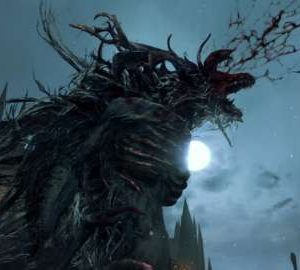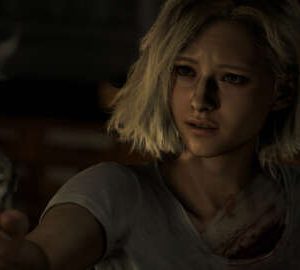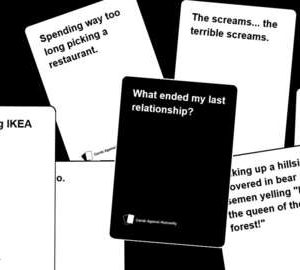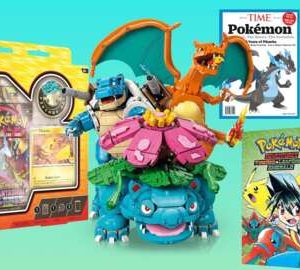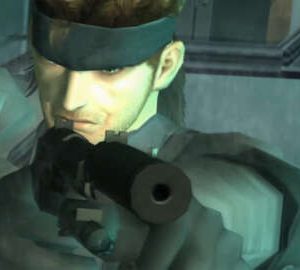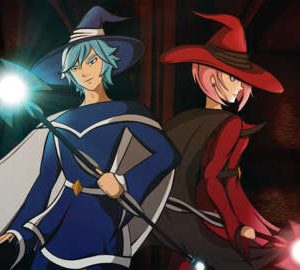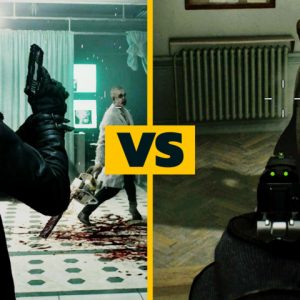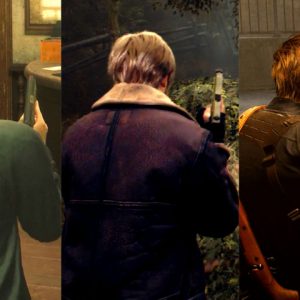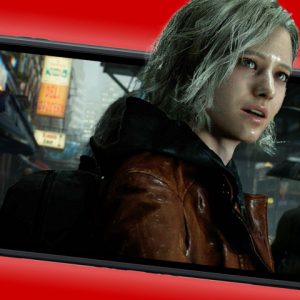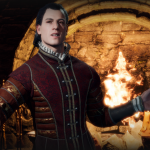
There are countless reasons why the Joker movie has proved so controversial, from the baggage the character itself carries to the inflammatory statements director Todd Phillips has been making to the press. The movie’s ending adds fuel to the fire in spectacular ways, so let’s break it down and try to figure out exactly what it’s all about–and why it’s so contentious.
Here’s your last warning–there are Joker spoilers ahead!
In Joker’s final act, Arthur Fleck, having been forced off his meds and finding validation in the rush of violence, evades detectives Garrity and Burke and makes it to the Murray Franklin show for his special appearance. An earlier scene suggested Fleck planned to kill himself on the show as the punchline to a joke, but instead, Fleck–energized by the crowd’s reaction and the unrest he’s inspired throughout Gotham–shoots Franklin point blank after a lengthy rant about society.
It’s a shocking moment that serves as the climax to the film–the scene where Fleck finally becomes the Joker we’ve been waiting the whole movie to see.
At some point afterward, Fleck is arrested. However, a renegade ambulance hijacked by mask-wearing protesters t-bones the police car, and Fleck is dragged from the wreckage by his worshippers. He awakes and rises up on the hood of the car, dancing and reveling in the cheers of his fanatics, who appear to have taken over the city.
In the end, he’s back at Arkham, where he laughs to himself about a joke no one else understands, and apparently murders a social worker before the credits roll.
Joker doesn’t have a post-credits scene, so that’s it. However, the movie’s final act raises plenty of questions.
How much of that was real?
Throughout Joker, Arthur Fleck proves to be an extremely unreliable perspective character. There are plenty of scenes that are either completely imagined–like Fleck’s first appearance on the Murray Franklin show–or embellished in Fleck’s imagination, like his attempt at stand-up comedy, not to mention almost every scene featuring Sophie (Zazie Beetz).
Are elements of the movie’s ending, from Fleck’s murder of Robert De Niro’s character to his rebirth from the wreckage, also imagined, embellished, or straight up hallucinated? It’s never exactly clear. However, that could completely change what the ending means. It’s troubling to see a mob of people rise up in adoration of a mentally ill murderer, especially when you consider the real world connotations relating to mass shooters. However, it’s much easier to digest if you consider the whole thing a fantasy playing out in Fleck’s mind.
One argument in favor of the ending being real is the fact that for the rest of the movie leading up to it, it’s always clear when Arthur is imagining things–whether it’s made clear in the moment, as in his warm interaction with the talk show host, or after the fact, like in the case of his interactions with Sophie. With the ending, however, there’s nothing explicit to communicate to the audience that it was all in Arthur’s head.
Origins Of The Joker
Please use a html5 video capable browser to watch videos.
This video has an invalid file format.
Sorry, but you can’t access this content!
Please enter your date of birth to view this video
By clicking ‘enter’, you agree to GameSpot’s
Terms of Use and
Privacy Policy
During a Q&A after a recent screening of the movie in Los Angeles, director Todd Phillips addressed the question of whether the ending is real. However, his answer didn’t exactly close the case.
“I don’t want to say whether it’s real or not, because I think [that’s] part of the fun,” he explained. “I’ve shown it to many, many different people, and they all have a different reaction. Some of them say, ‘Oh, I get it. The last line in the movie is, ‘You wouldn’t get it,’ to a joke he’s telling. Well, is the joke the movie?’ And the idea is, you don’t want to answer those questions, because it’s nice to see the different things people take away from it. I have my own theories on it.”
Phillips also said he enjoyed toying with the audience by making Fleck’s perspective unreliable. “It’s really kind of fun when you make a movie with an unreliable narrator,” the director said. “There’s no greater unreliable narrator than Joker. He’s an unreliable narrator, and he’s Joker. So it’s sort of a double whammy. I think that lends to people’s reaction to the movie, and I like that people don’t really know what happened.”
You can absolutely view Joker’s ending literally–what you see is what happened. However, there’s an alternate reading that Fleck was in Arkham the whole time, which would suggest that most or all of the movie is entirely imagined. The social worker he apparently kills in the final scene resembles the woman he interacted with earlier in the movie, and there’s also a brief flash early on of him bashing his head against a door in a white room, indicating he’s been institutionalized before.
Phillips acknowledged these similarities and the ambiguity of it all, without giving the answers away. “There are certain things if you see it again,” he said. “On a second viewing, you’ll notice about that kind of white room at the end, that kind of picks up at the beginning, that you go, ‘Oh, wait a minute. That’s interesting.'”
Joaquin Phoenix, who was also present at the Q&A, added that they didn’t want anything in the movie to be too definitive, from the exact ailments afflicting Fleck, to the specifics of what was real and what was imagined.
“In some ways, as much as there was very thorough research and answers for a lot of these things, we also, whenever we got to the point where we felt like we were coming up with a definitive reason for anything, we backed away from it,” Phoenix said. “We found a way to circumnavigate a little bit.”
“He hates logic,” Phillips replied playfully.
“I don’t think we necessarily want to answer those things for ourselves, or for anyone else,” Phoenix continued. “Part of the joy of this movie is how the audience interacts with the film and what they think about the character.”
What’s your interpretation of Joker’s ending, and the rest of the movie? Let us know in the comments below.
Joker is in theaters now.





